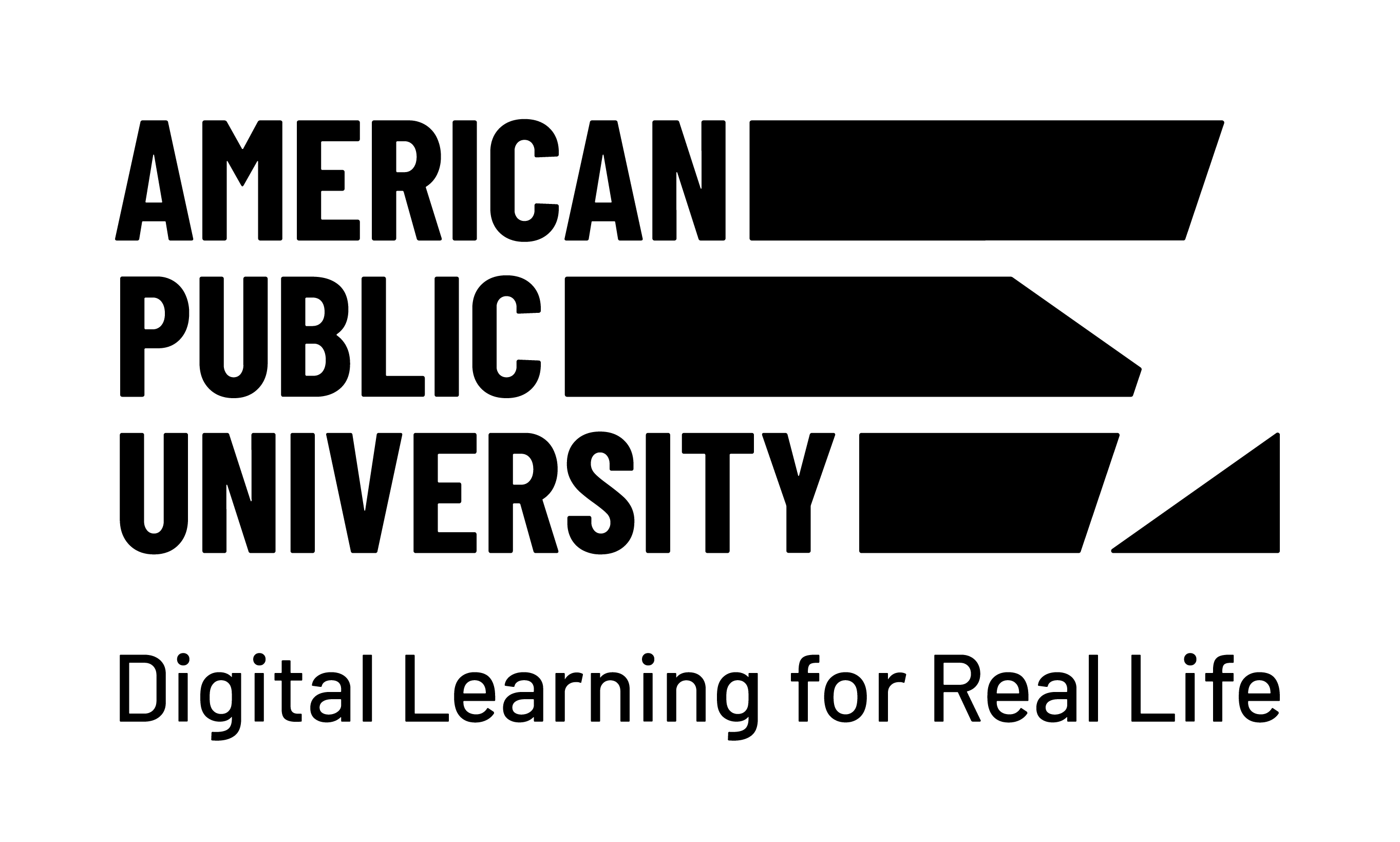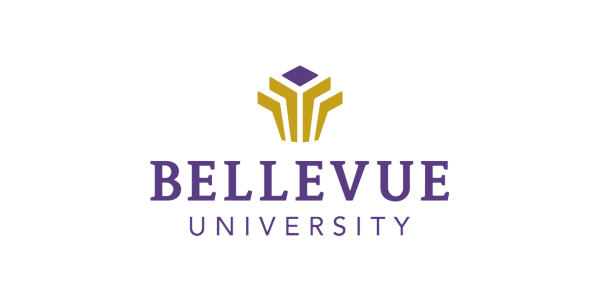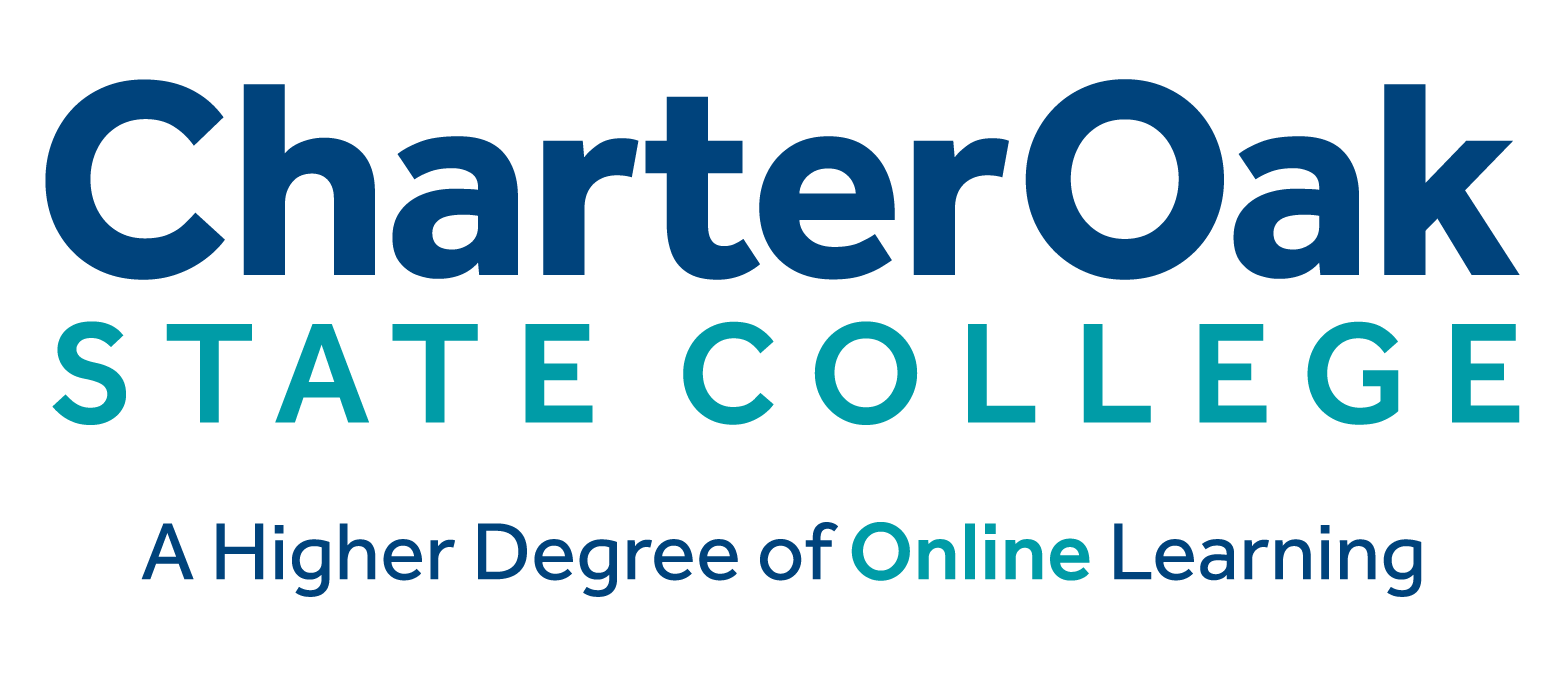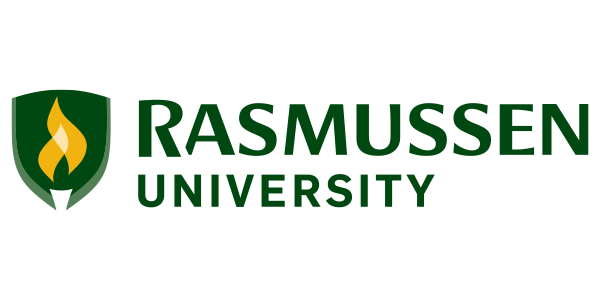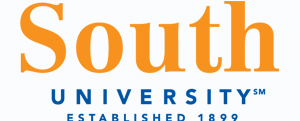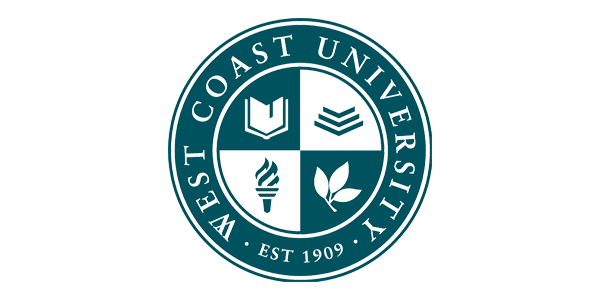
World Religions
Overview
World Religions is equivalent to a 1 semester, college-level course that prepares individuals for an exam that measures the knowledge and understanding of indigenous and major world religions, historically as well as socially.
This course is available live and on-demand through the online Nursing , Other Degree , and Individual Course Credits programs.
-
All Other Degrees
Course Type : Credit-By-Exam
Credits: 3 Semester Credits
Category: Humanities
Course Equivalence: College-Level Humanities or General Elective
Length: 5 Lectures + 1 Final Exam
Assessments: 1 Exam at a DSST®Testing Facility (95 mins | 100 Questions)
About This Course
Introduction to World Religions is an undergraduate course that measures knowledge and understanding of indigenous and major world religions, historically as well as socially. From ancient native religions around the world to major current radical religious movements, this course spans millennia full of religious rituals, cultures, developments and shifts. Major content areas include religious frameworks (types of expression, structures, personal beliefs, definitions, and phenomena); sociological, psychological and philosophical perspectives; religious traditions and historical development; and comparative analysis of religious narratives around the globe. Religions covered include primal and indigenous religions, Hellenic and Roman Traditions, Hinduism, Jainism, Buddhism, Confucianism, Taoism, Shinto, Judaism, Christianity, Islam, Sikhism, and the Baha’i Faith. Participants will not only become well-prepared for assessment but will also be enriched by a cornucopia of religious traditions, backgrounds and evolutionary developments throughout the history of humanity.
Course Objectives
After completing this course, you will be able to:
- Identify basic dimensions of religion including ethics, doctrine, and rituals.
- Interpret religion through natural and revealed theology, descriptive approaches, and historical approaches.
- Recognize the historical development of major world religions such as Indigenous Religions, Hinduism, Buddhism, Confucianism, Daoism, Shintoism, Judaism, Christianity, and Islam.
- Recall specific doctrine and practice for major world religions such as Indigenous Religions, Hinduism, Buddhism, Confucianism, Daoism, Shintoism, Judaism, Christianity, and Islam.
- Compare and contrast the major world religions.
- Categorize other religious movements in time frames, including those before 1000 C.E., after 1000 C.E., and contemporary movements.
-
Nursing
Course Type : Credit-By-Exam
Credits: 3 Semester Credits
Category: Humanities
Course Equivalence: College-Level Humanities or General Elective
Length: 5 Lectures + 1 Final Exam
Assessments: 1 Exam at a DSST®Testing Facility (95 mins | 100 Questions)
About This Course
Introduction to World Religions is an undergraduate course that measures knowledge and understanding of indigenous and major world religions, historically as well as socially. From ancient native religions around the world to major current radical religious movements, this course spans millennia full of religious rituals, cultures, developments and shifts. Major content areas include religious frameworks (types of expression, structures, personal beliefs, definitions, and phenomena); sociological, psychological and philosophical perspectives; religious traditions and historical development; and comparative analysis of religious narratives around the globe. Religions covered include primal and indigenous religions, Hellenic and Roman Traditions, Hinduism, Jainism, Buddhism, Confucianism, Taoism, Shinto, Judaism, Christianity, Islam, Sikhism, and the Baha’i Faith. Participants will not only become well-prepared for assessment but will also be enriched by a cornucopia of religious traditions, backgrounds and evolutionary developments throughout the history of humanity.
Course Objectives
After completing this course, you will be able to:
- Identify basic dimensions of religion including ethics, doctrine, and rituals.
- Interpret religion through natural and revealed theology, descriptive approaches, and historical approaches.
- Recognize the historical development of major world religions such as Indigenous Religions, Hinduism, Buddhism, Confucianism, Daoism, Shintoism, Judaism, Christianity, and Islam.
- Recall specific doctrine and practice for major world religions such as Indigenous Religions, Hinduism, Buddhism, Confucianism, Daoism, Shintoism, Judaism, Christianity, and Islam.
- Compare and contrast the major world religions.
- Categorize other religious movements in time frames, including those before 1000 C.E., after 1000 C.E., and contemporary movements.
-
About InstructorBryan (Allen) Demeritte has been an instructor with us since 2013. Bryan is also an instructor of Religion and Theology at St. Thomas University and current serves as the Executive Director at Suncoast Education Center. Two of Bryan’s greatest passions are teaching and non-for-profit work. Bryan believes that effective teaching involves both a strong knowledge of the subject matter and an understanding of and connection with the students. His background in educational instruction and non-for-profits has given him experience in working with students in a variety of settings. Bryan holds a Doctor of Philosophy (Ph.D), Practical Theology from St. Thomas University, and a Master of Science (MS), English and Gifted Education from Nova Southeastern University. He received a Bachelor of Arts (B.A.), English/Language Arts from Lindenwood University. He also has a Master of Divinity (M.Div), Pastoral Counseling and General Parish Ministry from United Theological Seminary of the Twin Cities. Bryan enjoys instructing all levels of students and pursuing volunteer opportunities through ministry.





